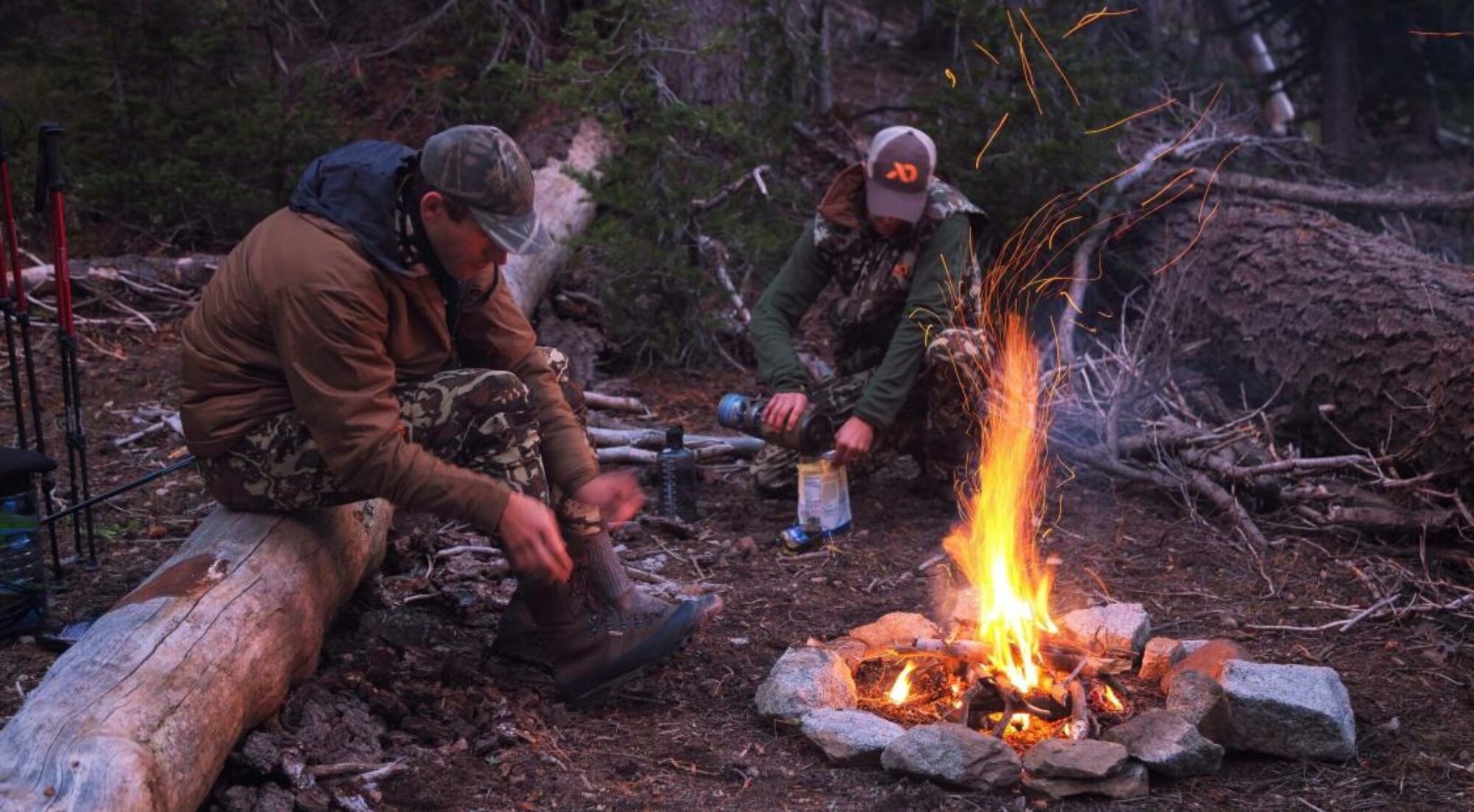Being Self Sufficient can feel daunting and quite difficult. It doesn’t have to be though. For some people it is a lifestyle, passed down to them though their family for generations, In the form of recipes and processes but most of all – a way of thinking. Some people think of it as a lifestyle long-forgotten but in reality there are still people that live that way, and prefer it! They enjoy the “unplugged” way of living and highly enjoy doing things for themselves. Believe it or not, it can be quite rewarding.
Learning and being Self Sufficient
Learning to be Self Sufficient can be a life long process of developing skills and knowledge. It should be fun. Pick a direction, a subject to learn about or try out for yourself, something that is interesting to you and branch out from there. Something as simple as learning to bake bread from scratch can be a good start and will lead to other subjects like jarring food or even growing a

garden and building a root cellar. Doing things off-grid without electricity can be a good way to learn the “official” way of being self-sufficient.
Many reasons for being Self Sufficient
Enjoying the connection with nature or to look at it from a different angle, “disconnecting” from technology for a bit is a huge reason why many people try to be or are self-sufficient. Others live this way for reasons of preparing for hard times and for them it won’t be a major shock when those times come around. There are folks that were raised in that lifestyle and it is second nature to them as they were taught some of these skills from birth.
The American way of life promotes Self Sufficiency and rejects the idea that the government should take care of and provide for all the needs of people. The saying rings true as anything: Give a man a fish and he will eat for a day. Teach him to fish and he will eat for a lifetime.
The deeper meaning to Self Sufficiency
The idea being discussed in this blog article is one that many people find that they may not “have the time” or “have the money” but I find that trying to be Self Sufficient doesn’t really come with a high price tag. It could even become an important skill in the coming years. It means to be independent and capable of providing most things you need by yourself or your community.
Indigenous and native American people have, still to this day, a connection with the land and a sense of self-sufficiency that is almost unrivaled. Being able to provide for yourself, everything that you could need to stay alive and be healthy enough to continue that lifestyle, gives the sense of independence and self-worth or self confidence. Being a part of a community that grows food, jars or cans food, makes their own clothing and has a knowledge of building both furniture and structures is the most ideal for a self-sufficient setting. That sense of community and independence is a pillar of early American life and still continues in some parts of the country.
Google defines “Self Sufficient” as:
-Needing no outside help in satisfying one’s basic needs, especially with regard to the production of food. “I don’t think Botswana, due to the climate, could ever be self-sufficient in food”.
-Emotionally and intellectually independent. “Their son was a little bit of a loner and very self-sufficient”.
Location and ideas
In Alaska, A lot of people live “off the grid”. That means that they live on either their own electricity and gas supplies or they have no permanent link to society. When and if needed to completely “unplug” they would not have a hard time doing so. It would be a minor adjustment to their current lifestyle. The climate there can be harsh but its not impossible to live off the land, as the natives did so for thousands of years.

In Pennsylvania, we also have the Amish. They are a prime example of self-sufficiency! They live without electricity or fuel gases of any sort really, make their own clothing and build their own homes. The Amish grow and store their own food and even churn their own butter! They truly have held onto and passed down the old-world skills of independence and self-sufficiency.
Personally, I have been trying new recipes with my Dutch oven in the coals of a dying fire and finding it to be a really tasty way to cook. In Mexico and even in the southern states here in America, a whole pig is slow roasted on a spit over an open fire pit, not wasting any part of the animal. If you have a fire pit you can make your own spit fairly easily or purchase one pre fabricated only needing to install it. Smoking and curing meats is almost self explanatory and keeps meats for quite a while. That is a skill that has been around for a really long time.
Root cellars and dry cold storage should be separate. Dry cold storage for canned, jarred and dry/dehydrated foods as well as any other dry storable items you can think of and here is a link to an article on food storage. A root cellar is kind of self explanatory again, it is technically a garden storage room for roots, fruits or anything that needs to stay damp and here is an article on root cellars.
Making your own clothes is a skill that is dying out. Give it a try sometime and you might be surprised. You could even save a butt-load of money!
Rising costs
Rising costs and inflation of everything is pushing people to be a little more frugal with their money and even to seek alternatives to some things to try to mitigate or counter that cost increase. Those alternatives include learning skills that teach them to be self-sufficient like growing some of their own food and composting. Tomatoes are a good start and easy to grow. Melons, garlic,

potatoes and even turnips are hardy staples that be grown in a lot of climates.
Whatever the reason is for you to become more Self Sufficient, my opinion is that these skills are important and can be very fun and rewarding. Do some google searches to familiarize yourself and get some ideas then give it a try.
I hope that this Blog article was informative and that you enjoyed reading. If you have any questions, comments or input of your own please feel free to do so in the comment section below. It helps me to bring you the best information possible.
Thanks


